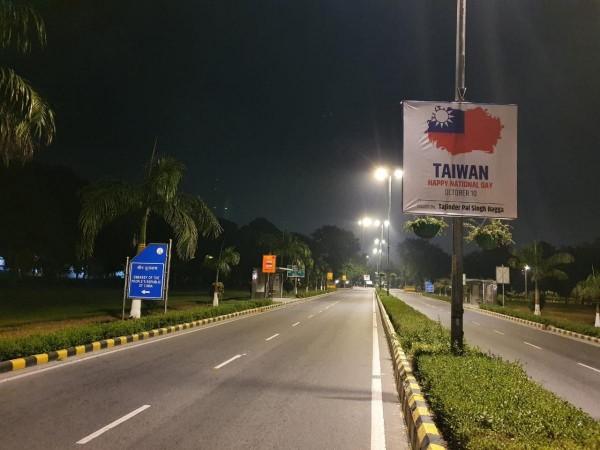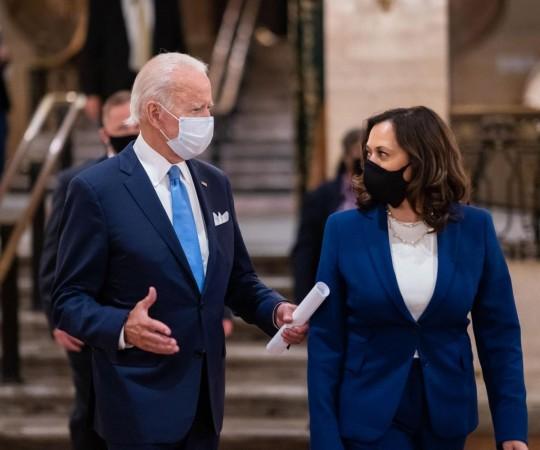Taiwan has warned of "catastrophic consequences for regional peace" if China takes over the island after days of incursions by Beijing's warplanes, while the US warned Beijing over its increasing provocations against Taiwan. But there's more to it than mere a show of air superiority.
Nearly 150 Chinese warplanes have breached Taiwan's airspace since Friday, including 56 jets on Monday in a dramatic increase in aggression. Soon, the Chinese state media has issued chilling warning asking "whether Australia is willing to accompany Taiwan... to become cannon fodder" after its foreign minister reached out for help preparing his defences.
China was infuriated with the altering balance of power in the South China Sea after Australia has signed a new security pact with the UK and the US, under which both Washington and London agreed to share nuclear submarine technology with Canberra.

Once Australia is empowered with the nuclear submarine tech, Beijing knows that it will dramatically shift the power balance in the region. Taiwan President Tsai Ing-wen vowed to "do whatever it takes" to guard Taiwan against invasion.
Since Chinese President Xi Jinping has often said that seizure of Taiwan remains its "inevitable" right claiming sovereignty over the self-governed island, the emerging scenario in the South China Sea is likely to provoke not only Taiwan but also Australia into a localized regional conflict.
US warns China over provocations
US President Joe Biden's administration is equally worried about a military confrontation as Washington has a unique relationship with the island, providing military and other types of support since China's Nationalist government fled there in 1949 following the Chinese Civil War.

"We urge Beijing to cease its military, diplomatic, and economic pressure and coercion against Taiwan, and we have an abiding interest in peace and stability across the Taiwan Strait. That's why we will continue to assist Taiwan in maintaining a sufficient self-defense capability," White House press secretary Jen Psaki said.
However, both Taiwan and the US prefer to cap the issue for now in view of a longer agenda to strengthen Australia in the region to stand with Taiwan in case of a flash attack from China. How long it takes for Australia to emerge as the regional power to withstand China remains the key. Until then belligerent Beijing is sure to isolate wary Taiwan.
China vs Taiwan: The Issue
Taiwan considers itself the legitimate government of the Chinese people, while Beijing criticizes it as a rogue territory and wants to acquire it. So far, the US has held back from creating official ties with the Taipei as part of agreements with Beijing but its support to Taiwan remains an open gesture.

Though Taiwan and Beijing have gone through periods of rapprochement in the past, the Chinese Communist Party has increasingly threatened reunification through military intervention, but Australia emerging as an altar to the US presence in the region is sure to offset its ultimate plan of taking over Taiwan forcibly.
Beijing has often blamed Washington for its support to Taiwan, accusing the US of meddling in internal Chinese affairs. "Taiwan belongs to China and the US is in no position to make irresponsible remarks," Chinese Foreign Ministry spokesperson Hua Chunying said on Monday, reacting to warnings issued by the Biden administration.
(With inputs from IANS)














